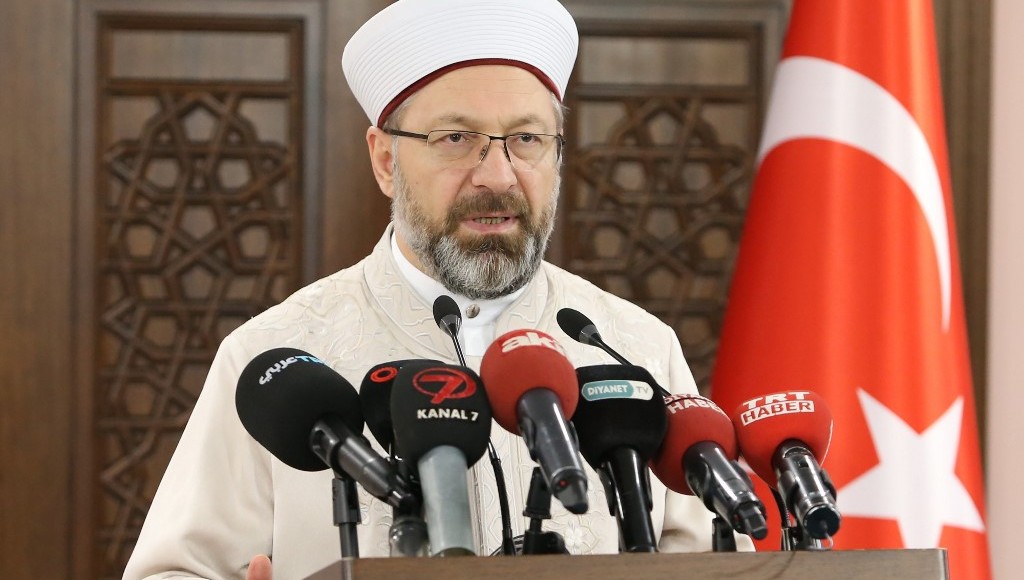Professor Ali Erbaş, the president of Turkey’s Religious Affairs Directorate (Diyanet), has returned an Audi A8 that he used as his official car to the Treasury in compliance with austerity measures recently put forward by the government, the directorate announced.
The acquisition of the luxury car, priced at around $91,000, resulted in harsh criticism of Erbaş at a time when most Turks have a difficulty making ends meet due to the skyrocketing cost of living caused by inflation of around 70 percent.
When the purchase of the Audi A8 by the Diyanet made the news earlier this month, Erbaş hit back against the criticism, saying that a 2006 model official car allocated to the Diyanet in 2010 had become unusable and was removed from the directorate’s inventory.
Erbaş also said the Audi A8 was leased, not purchased.
The directorate in a press statement on Friday listed several measures it is taking to comply with the austerity package the Turkish government announced on Monday.
One of those measures was the return of the Audi A8.
Other measures included the use of directorate’s own facilities for educational activities, holding meetings online when possible, avoiding the purchase of stationery supplies and office furniture and equipment when possible, cancellation of programs abroad and the reduction of overseas assignments.
The “Savings and Efficiency Package in the Public Sector,” which aims to curb inflation and reduce public spending, includes a range of cost-cutting measures. It was unveiled by Vice President Cevdet Yılmaz and Finance Minister Mehmet Şimşek but has drawn criticism from labor unions, economists and politicians, who argue that the measures disproportionately affect people on low incomes while sparing the wealthy.
The Diyanet, one of the most controversial institutions in Turkey, frequently attracts criticism due to its generous use of state resources for its overseas visits, luxury cars and an increase in the number of its personnel over the years at a time of economic difficulties in the country.
Its budget exceeded seven out of 17 Turkish ministries in 2023.
The directorate has also long been criticized for promoting only Sunni Islam and for indifference to other beliefs and the needs of their followers despite the fact that taxpayers from other beliefs fund it.
Although it mostly remained out of politics before the rule of the Justice and Development Party (AKP), the Diyanet has gained more power and influence during the AKP’s time in power, and its presidents are frequently criticized for promoting the AKP’s agenda by means of Islamic references.
It also operates a sizeable network of mosques in Western Europe that has been accused of spying on government critics living among diaspora communities.
